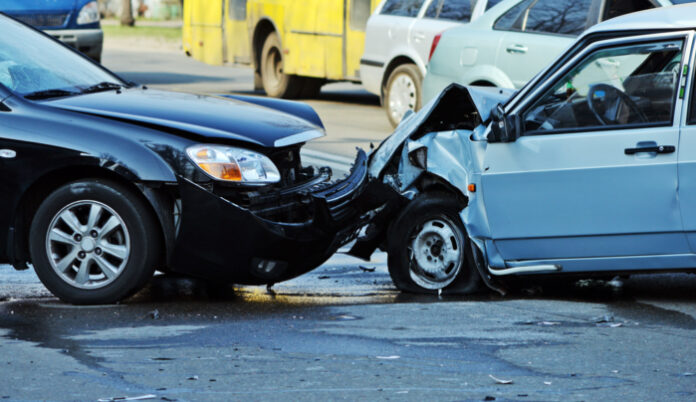Car crashes are distressing events that can have life-altering repercussions for everyone involved. While the initial impact grabs our attention, it’s the aftermath that truly unveils the full extent of the tragedy. The profound consequences of a car crash include the physical, emotional, and financial tolls it exacts on individuals and their families.
The Physical Toll
The aftermath of a car crash often brings physical pain. Injuries range from minor cuts to severe trauma, and the recovery process can be long and arduous. Even seemingly minor injuries like being bruised in a car accident can lead to long-term suffering. This affects not just the victims but also their caregivers. In many cases, caregivers are often family members providing essential support.
Emotional Trauma
Car crash survivors frequently endure fear, anxiety, depression, and post-traumatic stress disorder. Flashbacks, nightmares, and an ongoing sense of vulnerability haunt them. This impacts their daily lives and overall well-being. It can impact their social interactions, too. Therapy and counseling are often necessary to address these deep-seated emotional scars.
Impact on Families
Car crashes don’t stop affecting individuals; they disrupt entire families. Loved ones become caregivers, juggling the needs of the injured while coping with their own emotional distress. The financial strain resulting from the accident can destabilize families. This can potentially lead to financial hardship and stress. The stress can have a significant impact on the person’s family, as can a reduced amount of income or excess medical bills and other debt.
Financial Consequences
The financial aftermath of a car crash is often overwhelming. Medical bills, vehicle repair costs, legal fees, and lost income due to the victim’s inability to work can quickly lead to financial instability. Even with insurance, the complexity of navigating claims and reimbursements can exacerbate the situation, particularly for those with inadequate coverage.
Legal Battles
In some cases, car crash victims pursue legal action against negligent parties, adding further complexity to their ordeal. Legal battles involve gathering evidence and negotiating with insurance companies. They can also possibly mean going to court. The process is time-consuming and stressful. This can intensify the emotional strain experienced by victims and their families. Help from an attorney may be needed to obtain compensation from the at-fault party. In some cases, it can take years for the victim to receive the compensation they need to cover expenses from the accident. This is especially true in cases where the at-fault party was driving under the influence. If you’re in Tulsa and facing DUI charges related to a car crash, consulting with DUI lawyers in Tulsa is crucial for navigating the legal complexities.
Preventing Car Crashes
Preventing car crashes and their devastating aftermath is a shared responsibility. Drivers can reduce the risk of accidents by obeying traffic laws. They also should avoid distractions and refrain from driving under the influence. Advanced safety features in vehicles are now common. These may include automatic emergency braking and lane-keeping assist. These can play a crucial role in minimizing the impact of crashes.
Education and awareness campaigns are key. Programs emphasizing safe driving habits, especially for young drivers, can significantly contribute to accident prevention. Stricter enforcement of traffic laws and penalties for reckless driving serve as effective deterrents, promoting a safer road environment for everyone. Talking about the causes of car accidents can also help alert drivers to the potential for something they do daily to end up causing a serious accident.
Conclusion
Car crashes leave a lasting impact that extends far beyond the moment of impact. Understanding the devastating consequences, both physical and emotional, is crucial. By emphasizing safe driving practices, raising awareness, and implementing stricter measures against reckless driving, society can work together to minimize the trauma associated with car crashes and create safer roads for everyone.
Find a Home-Based Business to Start-Up >>> Hundreds of Business Listings.

















































